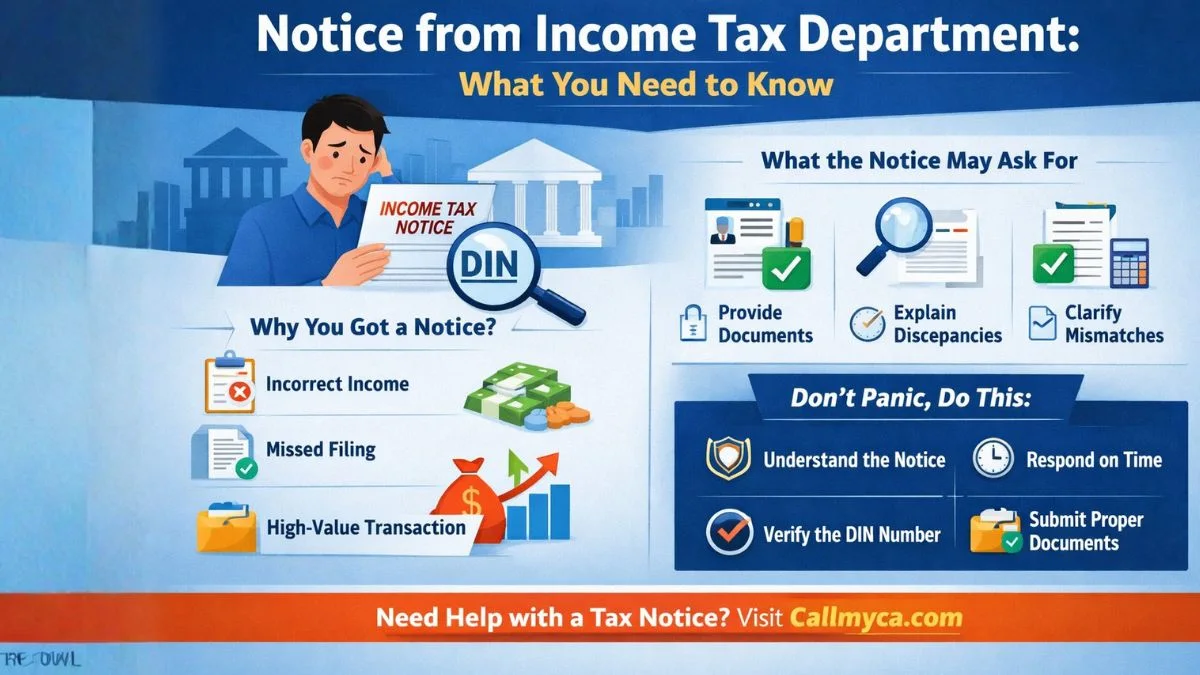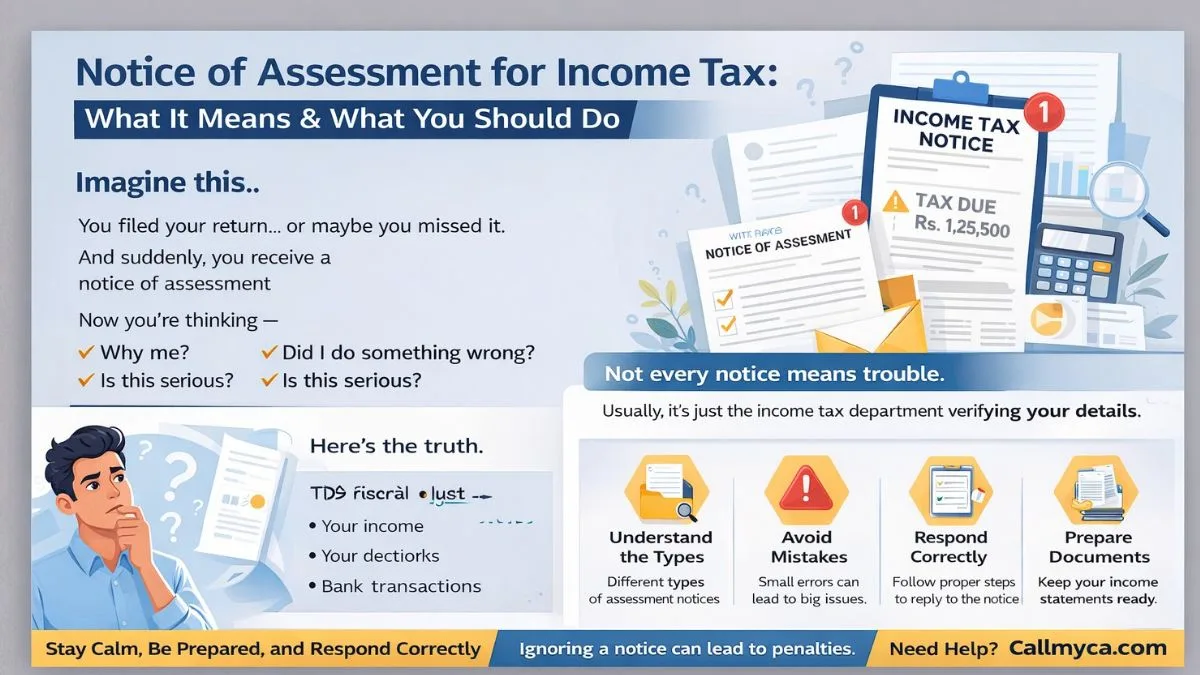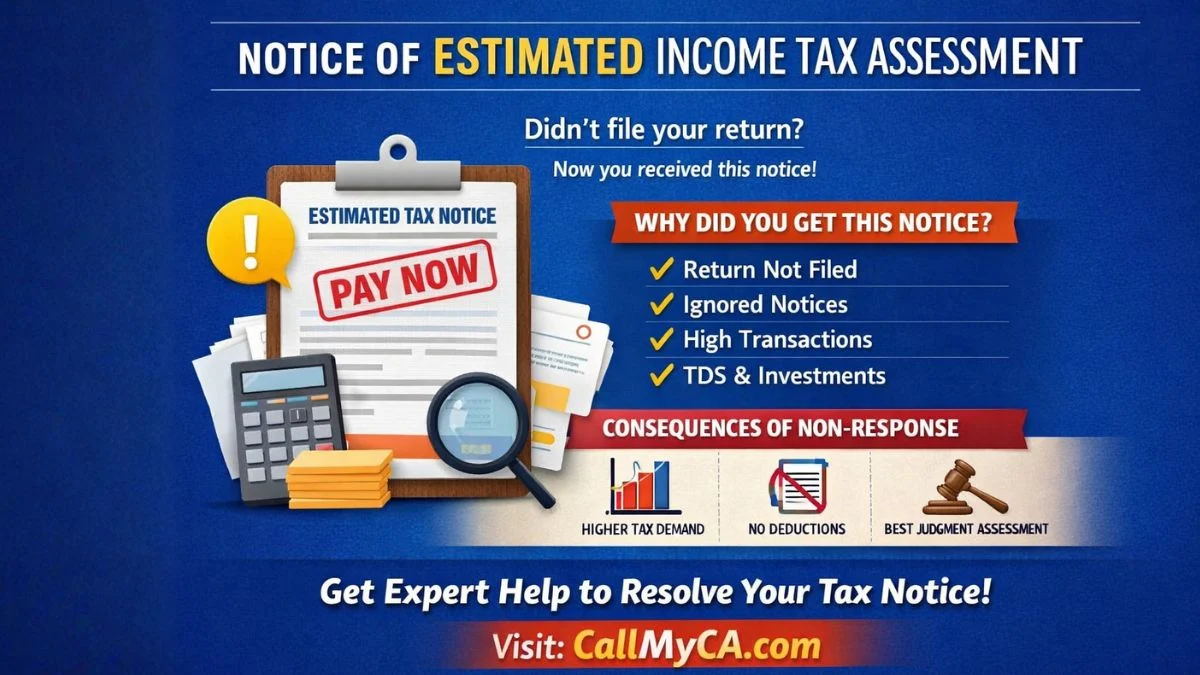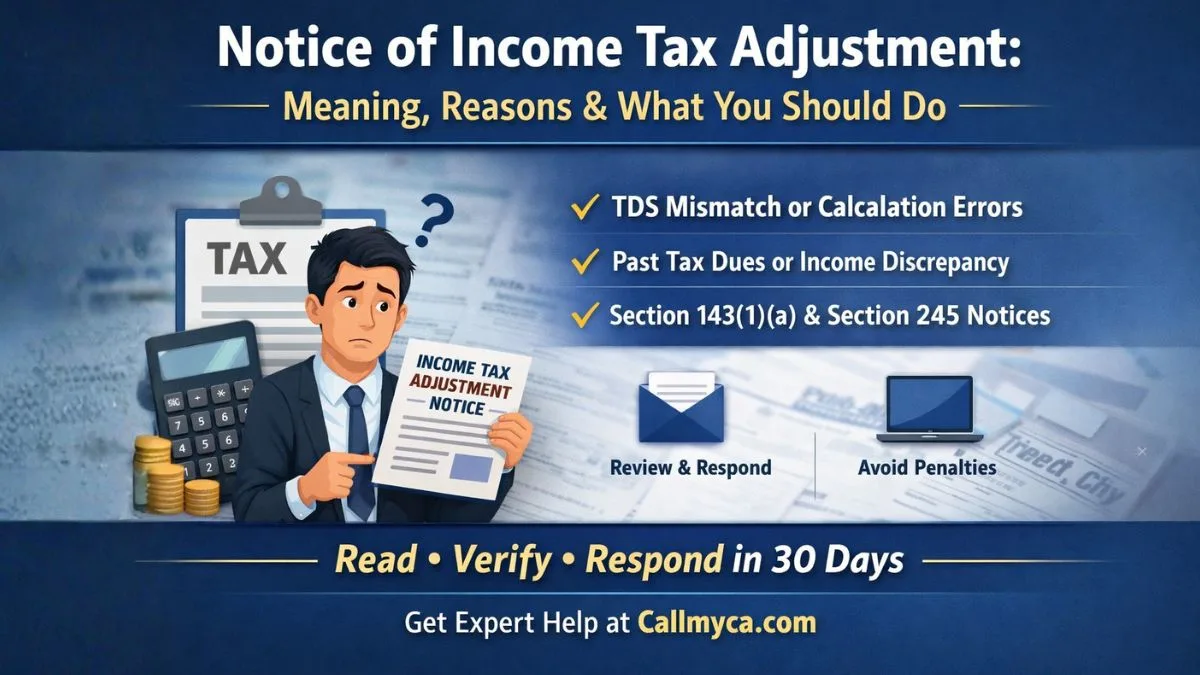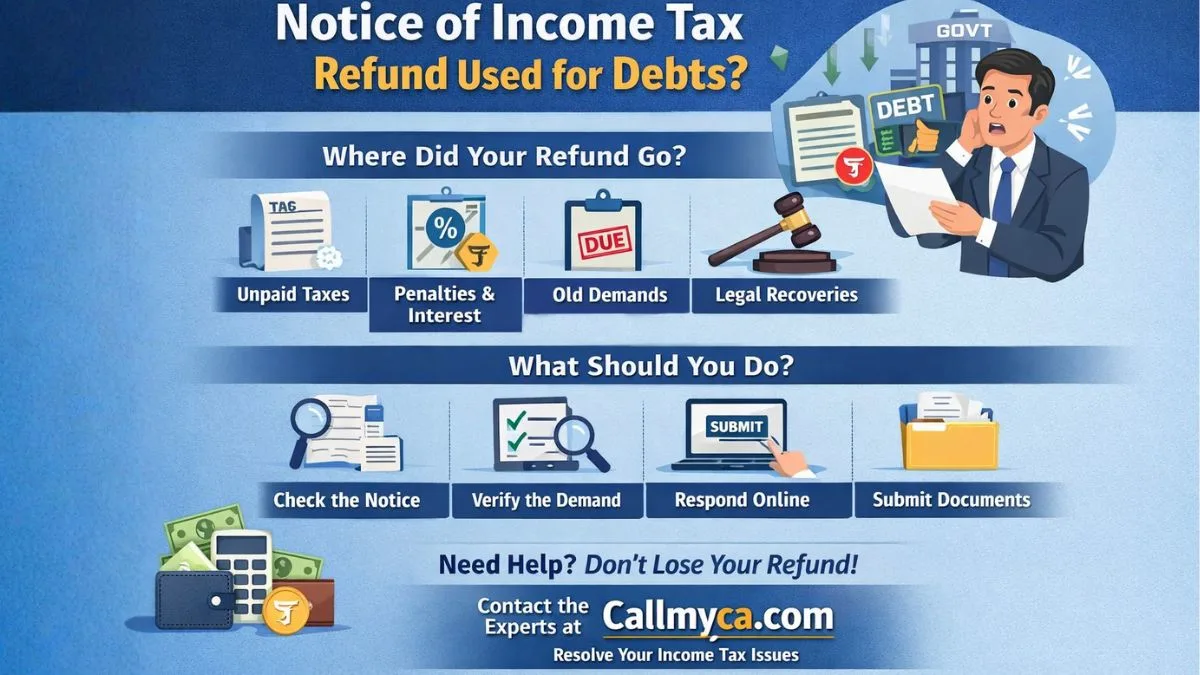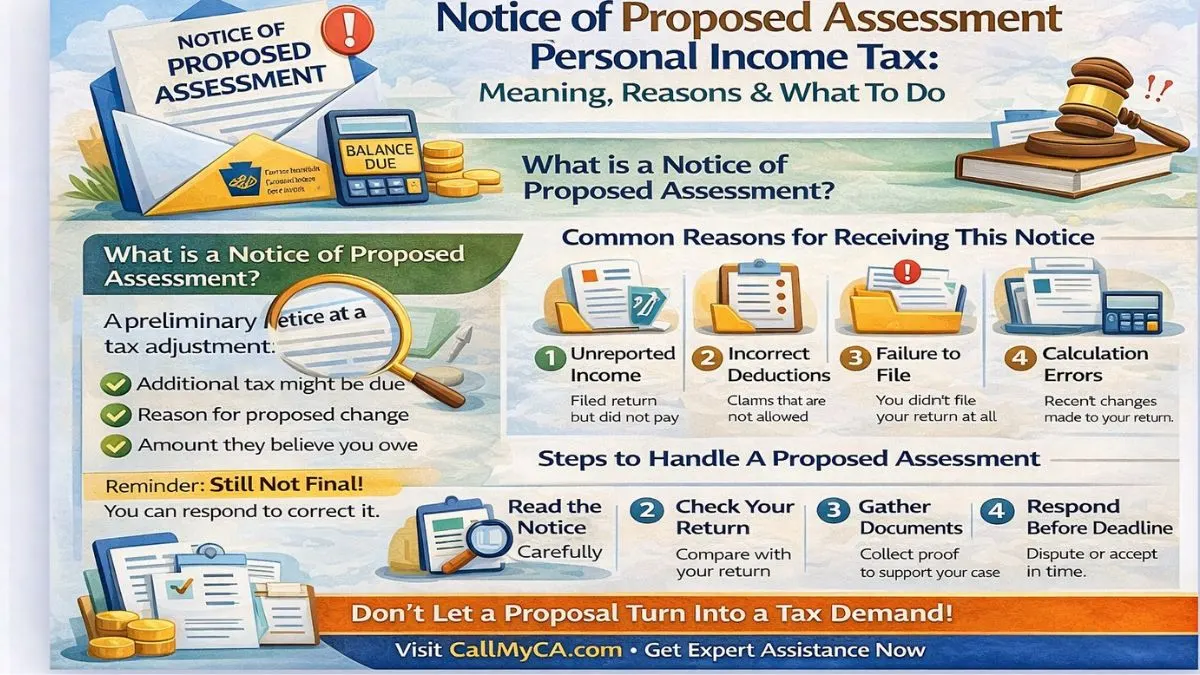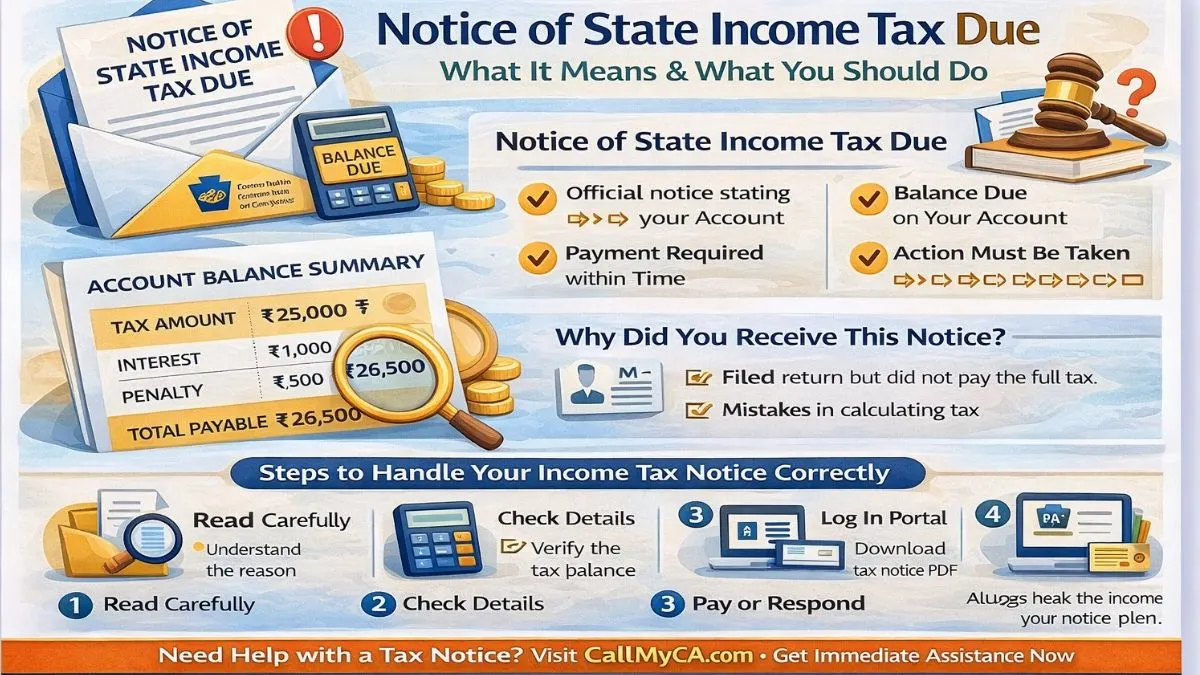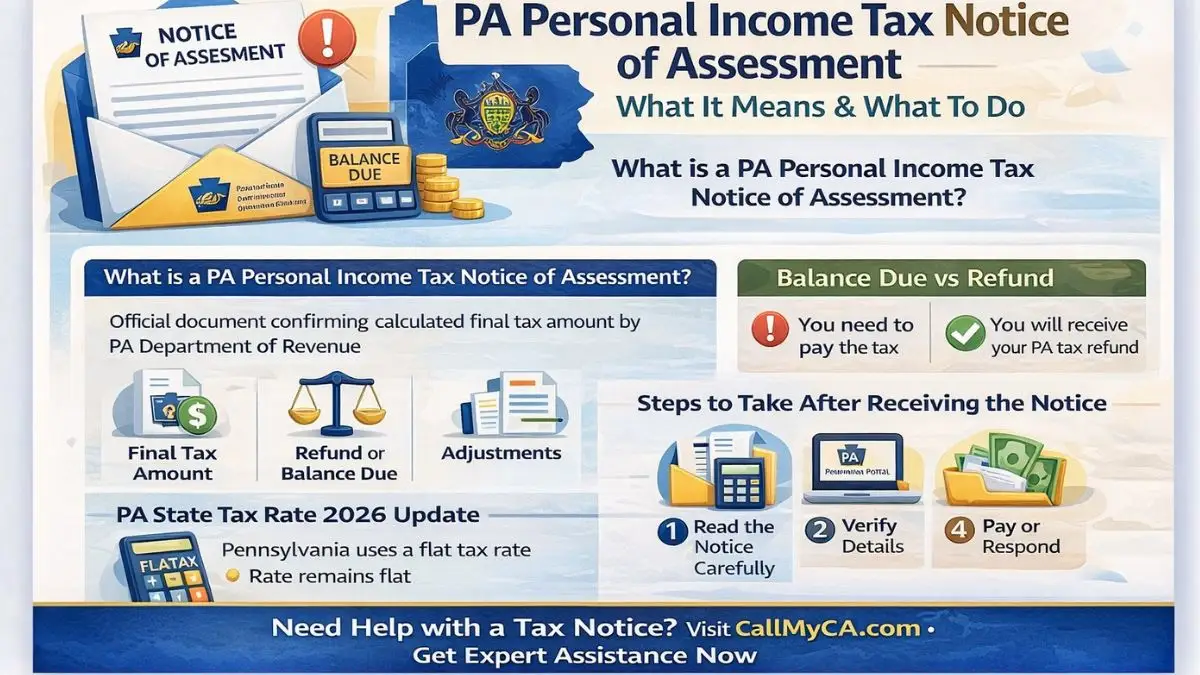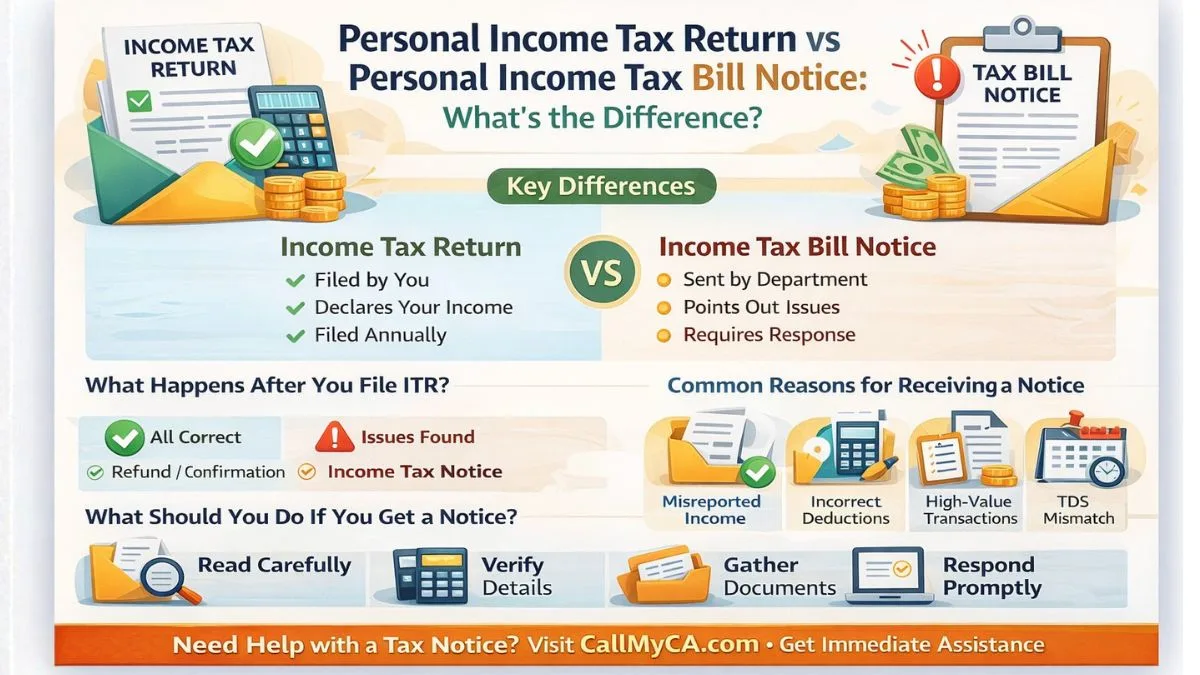
When it comes to saving tax, most of us focus on deductions under Section 80C or 80D. But there’s another powerful tool many taxpayers forget—rebate under income tax. Think of it as a financial incentive that manufacturers or service providers offer purchasers—except here, the service provider is the government.
Let’s simplify what rebate means in the context of income tax, how it works, and who can claim it in India.
What is Rebate in General?
In everyday life, a rebate is simply money that is returned to you after you pay for goods or services. It’s like a partial refund of the cost of an item or a retroactive credit given to a buyer to make the deal more attractive.
For instance, if you buy a product worth ₹10,000 and get ₹1,000 back as cashback—that’s a rebate. It’s a form of buying discount, meant to reduce the force or activity of your spending burden.
What is Rebate in Income Tax?
In taxation, a rebate is a tax reduction available to resident individuals. It is offered under Section 87A of the Income Tax Act, 1961, and helps lower your tax liability after computation of total income and applicable slab rate tax.
A rebate isn’t deducted from your income—it’s subtracted directly from your tax payable. If you qualify, it can reduce your tax liability to zero, even if your taxable income isn’t zero.
Who is Eligible for Rebate Under Income Tax?
As per the latest rules for AY 2025–26:
- The rebate is available only to resident individuals
- An individual is eligible for a rebate if their total income does not exceed ₹5 lakh
- The maximum rebate allowed is ₹12,500
✅ If your total taxable income (after deductions) is up to ₹5 lakh, you don’t have to pay any tax at all.
⚠️ Important: This benefit is not available to HUFs, firms, companies, or NRIs.
Also Read: Rebate for Low-Income Taxpayers
How Does the Rebate Work in Practice?
Let’s look at a simple example:
Total Income: ₹5,00,000
Tax as per slab (Old Regime): ₹12,500
Rebate under Section 87A: ₹12,500
Final Tax Payable: ₹0
It’s like the government is saying—“Go ahead and file your ITR, but if your income is modest, we’ll give you a full refund on the tax.”
Rebate Under the New Regime (FY 2024–25)
Good news for taxpayers under the new tax regime as well!
From FY 2023–24 onwards, if your income is up to ₹7 lakh under the new regime, you get a rebate of ₹25,000 under Section 87A."
So yes, even in the new regime, if you plan your income smartly, you can enjoy zero tax.
Key Differences: Rebate vs Deduction vs Exemption
- Exemption: Certain income (like agricultural income or HRA) not taxed at all
- Deduction: Amount reduced from your total income (e.g., Section 80C investments)
- Rebate: Amount subtracted from your tax liability, not income
So, rebate is the final weapon in your tax-saving arsenal.
When and How to Claim Rebate?
- You don’t need to apply separately.
- While filing your Income Tax Return (ITR), if your total income after deductions is ≤ ₹5 lakh (old regime) or ≤ ₹7 lakh (new regime), the system automatically adjusts rebate under Section 87A.
- Ensure all deductions (like 80C, 80D, etc.) are claimed properly to bring your total income within the eligible threshold.
Also Read: HRA Exemption Explained
Why Rebate is a Game Changer for Low-Income Taxpayers
- It provides instant relief without the need to invest or spend
- Encourages compliance by giving genuine savings to honest filers
- Benefits freshers, junior employees, freelancers, & small traders
- Makes the tax system more inclusive & fair
It’s like the government’s way of saying, “We’ll give you a break if you’re earning on a small scale—but still doing the right thing.”
Common Misunderstandings
- “I don’t need to file ITR if I get rebate” – False. You must still file your return if your income exceeds the basic exemption limit."
- “Rebate means refund of TDS” – No. Rebate reduces your tax liability. Refund happens only if your TDS exceeds this liability.
- “It’s optional” – Nope! If you’re eligible, it’s auto-applied. No forms, no approval needed.
Final Thoughts
A rebate in income tax is like a bonus the government gives you for staying within a certain income limit. It’s a retroactive refund or credit, offered as a reward for earning modestly and filing honestly. If you plan your finances smartly and use deductions wisely, you can reduce your total taxable income & fully enjoy the rebate under Section 87A—ultimately paying zero tax!
Why pay more when you could pay none? Let Callmyca.com help you plan your income smartly and file your taxes the rebate-smart way—zero errors, zero stress, zero tax (if eligible)!

